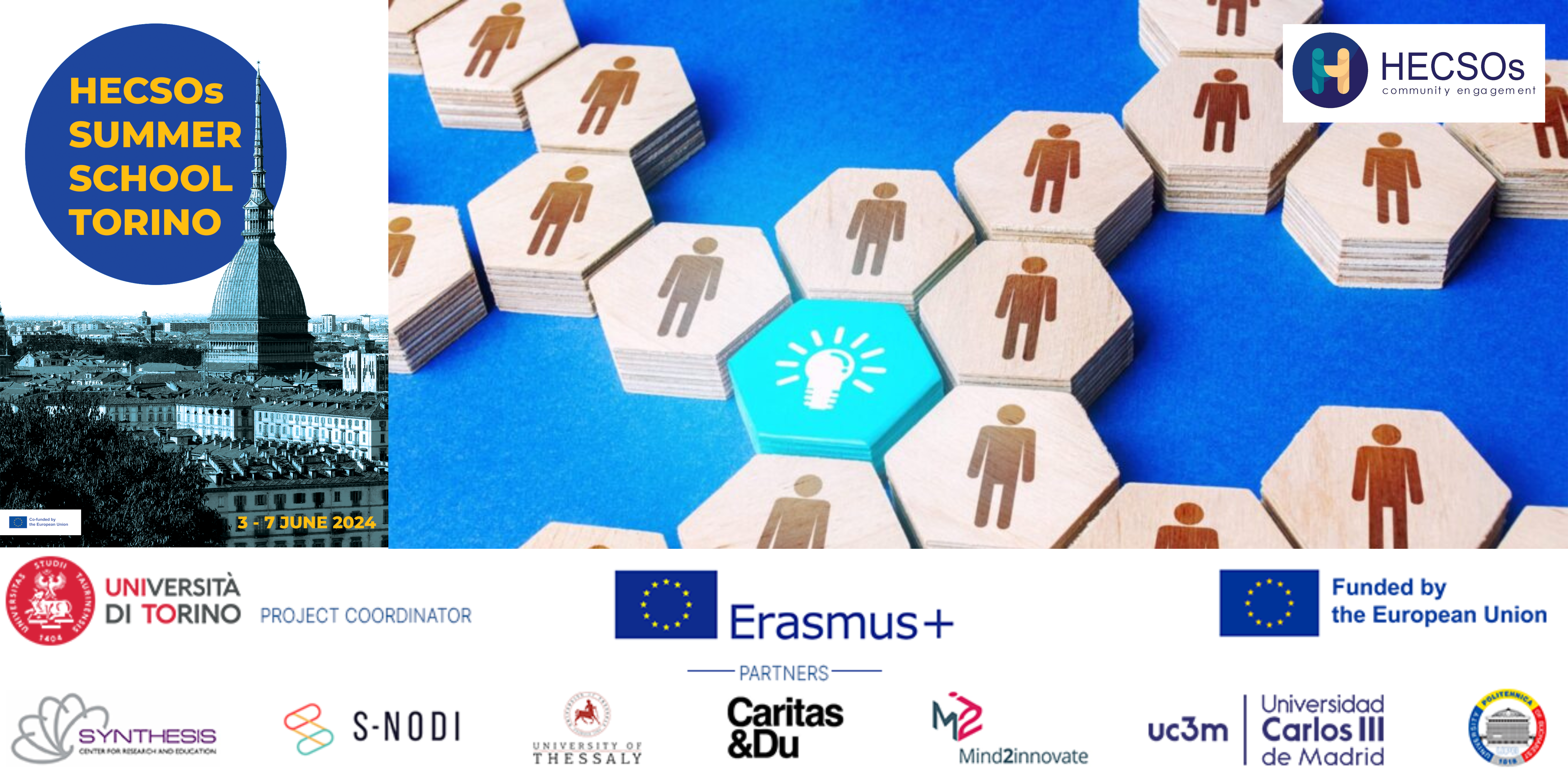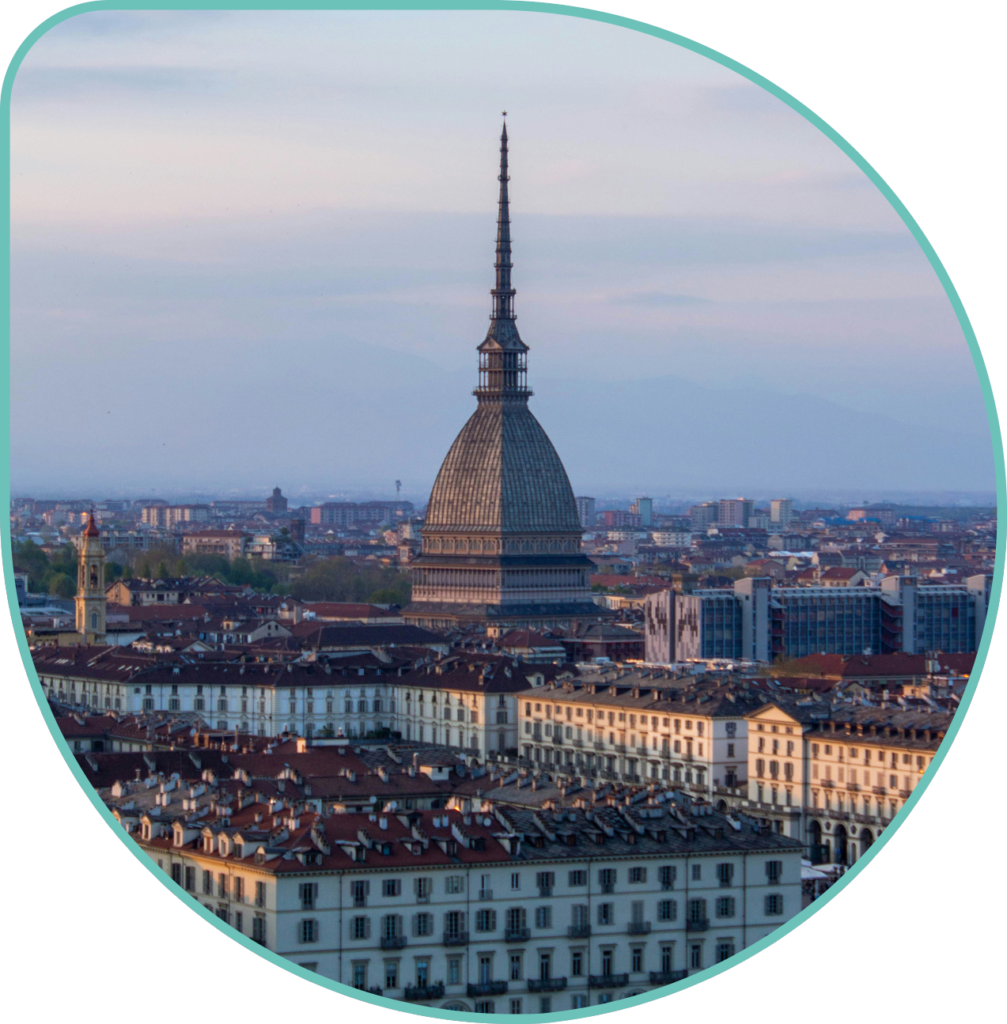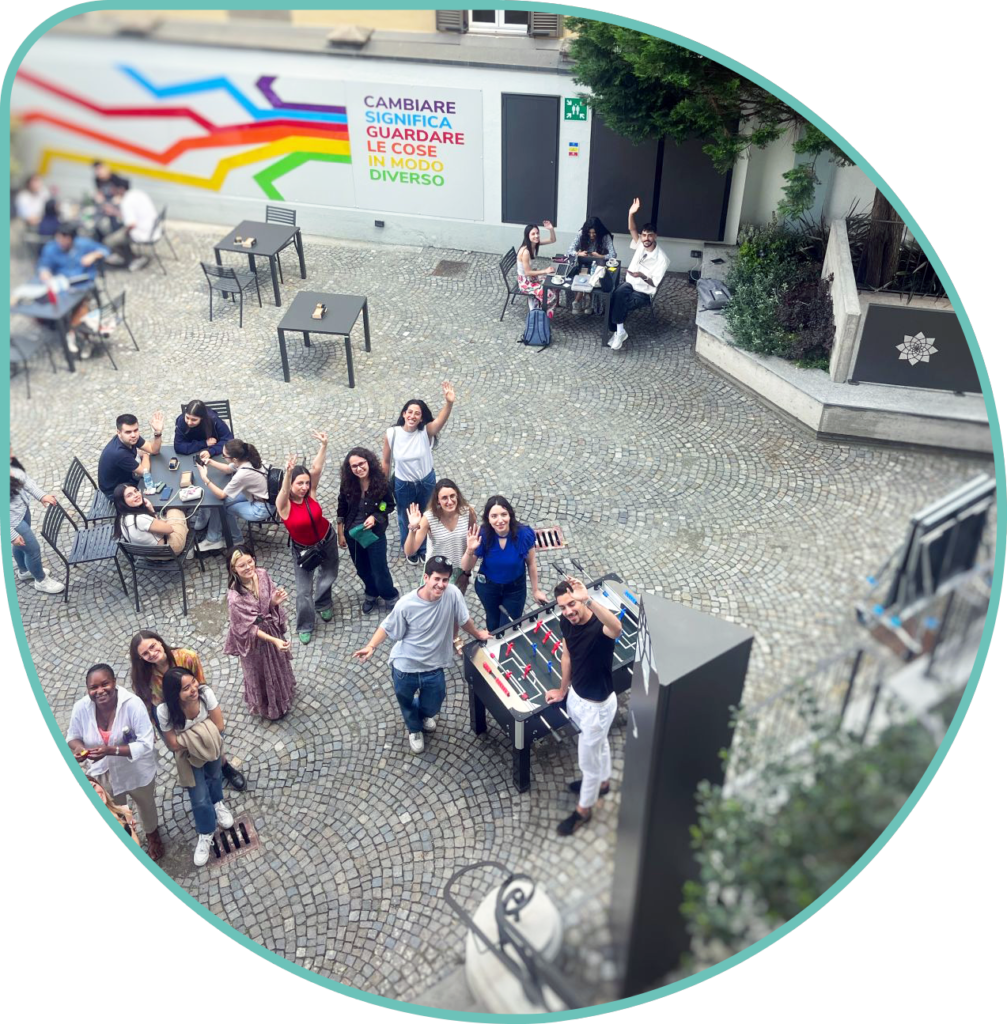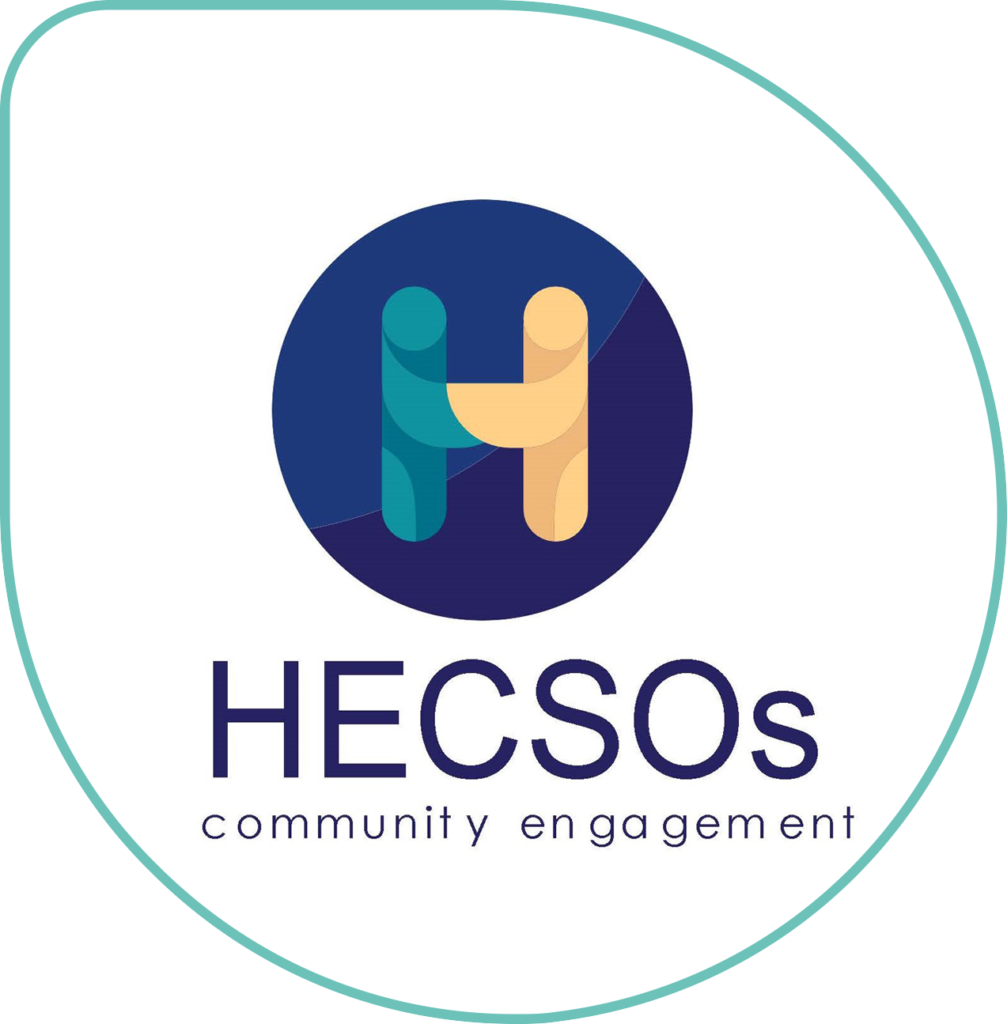
HECSOs SUMMER SCHOOL 2024 IN TURIN, ITALY
June 17th 2024
The HECSOs Summer School on Community Engagementended last week:: it was an international and interdisciplinary training opportunity that brought together 30 male and female students from Italy, Spain, Austria, Greece and Cyprus, and which was possible thanks to the support of the European Union within the framework of Erasmus+ funds.
HECSOs Summer School is an experimental training offer resulting from a multi-year research and cooperation pathway that renews and updates the competence framework of future professionals for the involvement of communities and territories for local developmen. Thanks to the collaboration between universities and civil society organisations, HECSOs Summer School responds to a training need that is often a weak-point within European university curricula, and it aims at codifying and systemising the knowledge of practices, building replicability and strengthening the methodological soundness of individual experiences.


Five days across the Italian city of Turin, which intertwined theoretical reflections with the practice of experiences on the ground, emphasising the importance of the context and lessons learnt through doing, in orienting methods, practices and approaches for the activation of participatory processes generating change.
Students’ multi-disciplinary backgrounds enriched the discussion by combining an anthropological outlook with socio-political and legal reflections, the applied field of engineering with that of agronomy and STEM studies, underlining how ‘community engagement’ is not defined by a field of intervention or discipline, but more transversally manifests itself as a principle, a method and an objective that has two key elements: the role of communities as process partners whose knowledge and experiences enrich shared knowledge and generate collective benefits, and the objective of responding jointly to social needs.
The multicultural backgrounds of the students and the Caritas Armenia team, on the other hand, reminded us of the importance of a methodological posture that is always attentive to the socio-cultural context, to the speheres of meaning underlying words, and tp othe social history within which practices and reflections are embedded.
It was also for us an experience of learning and growth.
For this precious week, we would like to thank first of all: Social Community Theatre, Costruire Bellezza, Associazione Generazione Ponte, Fondazione Time2 for bearing witness to experience and knowledge and for hosting the work sessions of the summer school, and the project partners with whom everything was conceived.
Thanks to the students who were with us!


